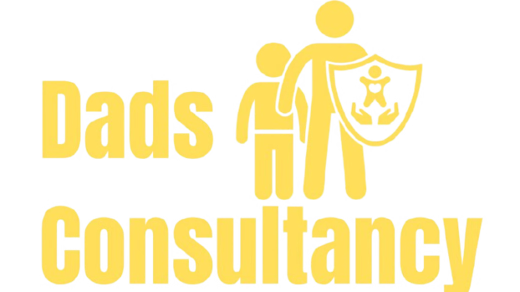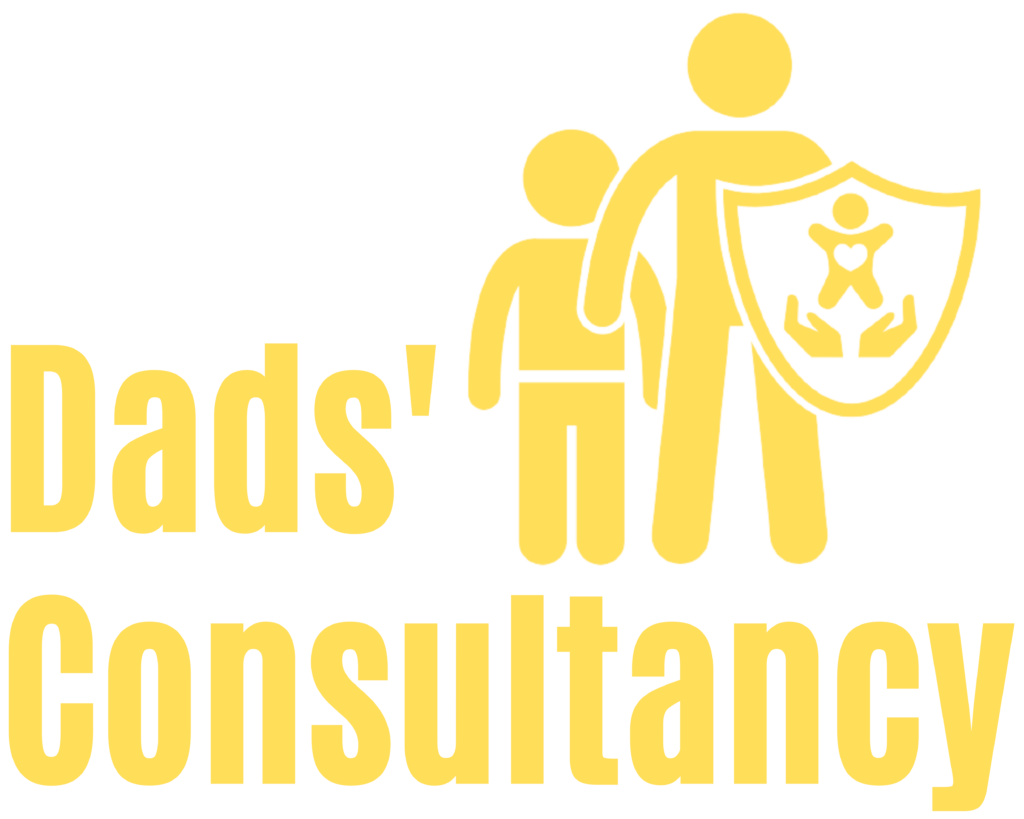Children and Family Court Advisory and Support Service (CAFCASS), is a government agency in the United Kingdom that works within the family courts to promote the welfare of children involved in legal proceedings. The organisation was established in 2001, following the merger of the Guardian ad Litem Bureau and the Family Court Welfare Service.
CAFCASS’ primary role is to represent the best interests of children in both public law and family court cases, including those involving divorce, separation, and child abuse. To fulfil this role, CAFCASS employs a team of trained professionals, including social workers, psychologists, and family court advisers, who work with children and families to assess their needs and provide support and guidance.
One of the key ways in which CAFCASS supports children is by providing independent advocates for children who are involved in legal proceedings. These advocates work with children to help them understand the legal process and to ensure that their voices are heard in court. In addition to advocating for children, CAFCASS also provides support and guidance to parents, helping them to understand their roles and responsibilities and to navigate the legal system.
CAFCASS also works to improve the overall effectiveness of the family court system by providing training and support to legal professionals, such as judges and lawyers, and by conducting research and gathering data on the impact of legal proceedings on children.
Overall, CAFCASS plays a crucial role in promoting the welfare and best interests of children in the UK legal system. By providing independent advocates for children and support and guidance to families, CAFCASS helps to ensure that the rights and needs of children are taken into account in legal proceedings.
There have been several controversies surrounding the Children and Family Court Advisory and Support Service (CAFCASS) in the United Kingdom.
One of the main controversies is related to the high turnover of staff at CAFCASS, which has led to concerns about the quality and consistency of service provided to children and families. This has been attributed to a high workload and pressure on staff, as well as a lack of resources and support.
Another controversy is related to the assessments carried out by CAFCASS, with some critics arguing that the assessments are often biased and unreliable. Additionally, there have been concerns about the lack of transparency and accountability in the decision-making process of CAFCASS, with some claiming that the agency is not sufficiently responsive to the needs and concerns of children and families.
There have also been criticisms around CAFCASS’ ability to ensure children’s voices are heard, some have claimed that the agency does not have sufficient resources to provide independent advocates for all children involved in legal proceedings, and as a result, children’s voices are not heard in court.
Another criticism is that CAFCASS is too focused on the legal system and not enough on the welfare of children, which can lead to children’s needs and best interests being overlooked in legal proceedings.
In general, there have been concerns that CAFCASS is underfunded and under-resourced, which has led to difficulties in providing effective and consistent support to children and families in the legal system.
Children’s services, also known as child protection services, or “Socials” is a government agency or organisation that is responsible for ensuring the safety and well-being of children within a community. When children’s services becomes involved with a family, it is usually because there are concerns about the safety and well-being of the children in that family.
There are many different ways in which children’s services can become involved with a family. For example, they may receive a report of abuse or neglect, or they may become aware of a family situation that poses a risk to the children’s safety or well-being. In such cases, children’s services will typically conduct an investigation to assess the situation and determine the appropriate course of action.
If children’s services determines that a child is at risk of harm, they may take steps to protect the child. This could include removing the child from the home and placing them in foster care, or providing support and services to the family in an effort to address the underlying issues that led to the involvement of children’s services.
In some cases, children’s services may work with the family to develop a plan to ensure the safety and well-being of the children. This may involve providing the family with counselling, parenting classes, or other support services. The goal of children’s services is to help families overcome any challenges they may be facing and to create a safe and stable environment for their children.
Overall, the involvement of children’s services with a family is a serious matter, and it is important for families to work cooperatively with children’s services to address any concerns that have been raised. By working together, families and children’s services can help ensure the safety and well-being of children and create a better future for all involved.
There are concerns that both agencies have received negative publicity for their discrimination against fathers, which is a concern in the UK, as in many other countries. There is a long history of discrimination against fathers in family law, and this can continue to affect fathers’ involvement in their children’s lives even after a divorce or separation.
One form of discrimination against fathers is the assumption that mothers are automatically the better parent, especially in cases where the children are very young. This can result in fathers being denied contact with their children or having limited contact, even if they are fully capable of caring for their children.
Another form of discrimination against fathers is the lack of support and resources available to them. Many fathers do not have access to the same level of support as mothers, including legal aid, parenting classes, and counselling. This can make it more difficult for fathers to advocate for their rights and the best interests of their children.
It is important for children’s services and CAFCASS to recognise and address discrimination against fathers. This includes providing equal opportunities and support to fathers, as well as promoting positive involvement of fathers in their children’s lives. Children benefit from having a strong relationship with both their mother and father, and it is important for children’s services to support and encourage this.
If you are a father, who has been affected by family separation and child contact issues, we can understand your pain and frustration that can come with navigating the legal system. That’s why we highly recommend consulting with an independent social worker. They are trained professionals who can provide unbiased and objective assessments of our situation, and offer guidance and support throughout the process.
Don’t let the stress of family separation and child contact issues consume us. Take the first step towards a resolution by consulting with an independent social worker today.
Tags: Consulting, Family Separation, Child Contact


